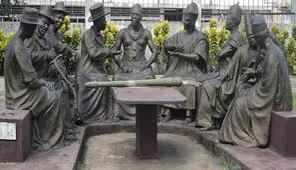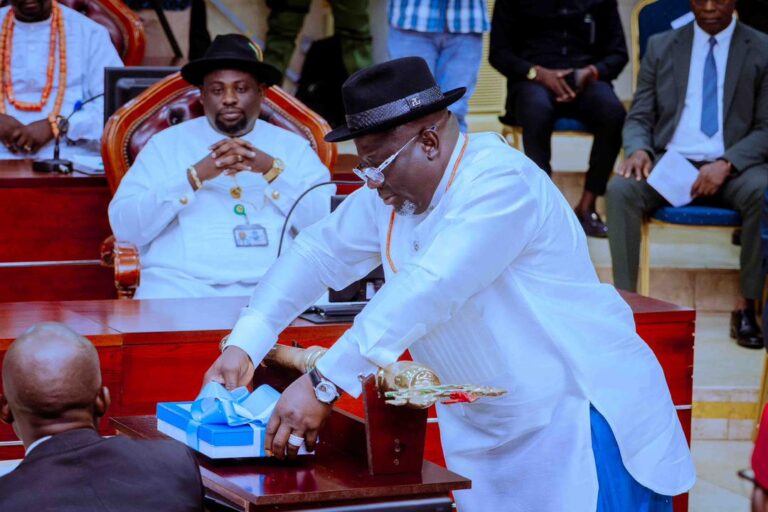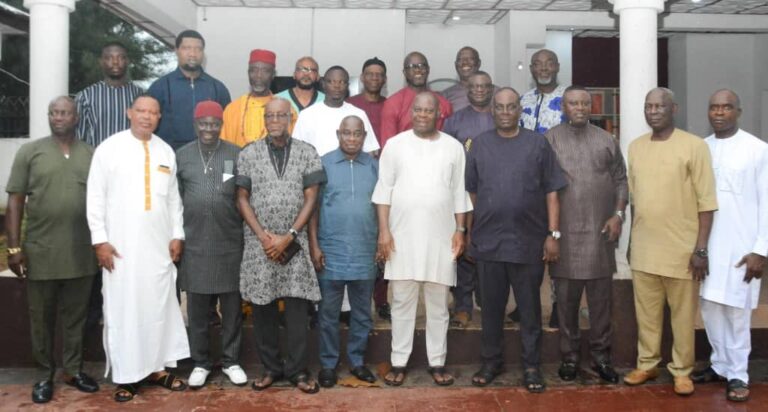
The Edo State House of Assembly has announced the dismissal of all political appointees attached to its members.
Speaker Blessing Agbebaku made the announcement during a plenary session on Wednesday, stating that the decision was a collective one made by all 24 members of the House. The dismissed appointees will receive their salary for the month of February.
The affected political appointees include special advisers and senior special advisers, among others. These individuals were appointed by the members of the House upon their assumption of office in the Eighth Assembly in June 2023. The Speaker clarified that the decision to terminate their appointments was reached after a period of consideration by the House.
READ https://naijanewswatch.com/bharam-and-usaid-controversy/
Speaker Agbebaku explained that the decision to sack the appointees was made after a two-year period. He indicated that the House members had agreed that these sets of appointees, including Special Advisers (SAs) and Senior Special Advisers (SSAs), should be relieved of their duties as of February 19th.
The Speaker further stated that subsequent meetings would be held to determine the next course of action regarding staffing. Despite the termination of their appointments, the affected individuals will receive their full salary for the current month of February. The decision reflects a significant change in the staffing structure of the House.
In addition to the dismissals, the Edo Assembly also passed a resolution concerning security personnel. The resolution urges the immediate transfer of security personnel who have served in a particular locality within Edo State for more than five years. This decision aims to address potential security concerns arising from long-term deployments.
The resolution regarding security personnel followed a motion raised by the member representing Esan South-East Constituency, Osezua Ojezele. Ojezele highlighted the alarming activities of criminal herdsmen in Ubiaja, which also led to a mandate requiring traditional rulers to reside within their respective communities. These measures are intended to improve security and community leadership.
Furthermore, the House passed two bills related to road infrastructure. One bill establishes the State Roads Funds and the Edo State Roads Funds Board and Administration. This body will oversee the funding for the management, planning, development, rehabilitation, construction, and maintenance of Class C and Class D roads, as well as the rehabilitation of Class B roads in Edo State. The second bill establishes the Edo Rural Access Road Agency, which will be responsible for the overall management, development, rehabilitation, reconstruction, and maintenance of Class C and Class D roads throughout the state. These legislative actions demonstrate a commitment to improving the state’s road network.




